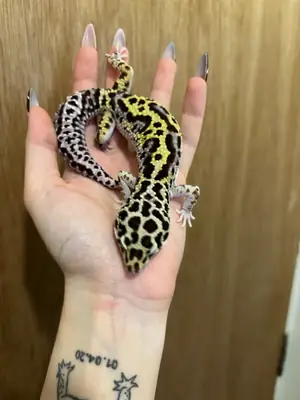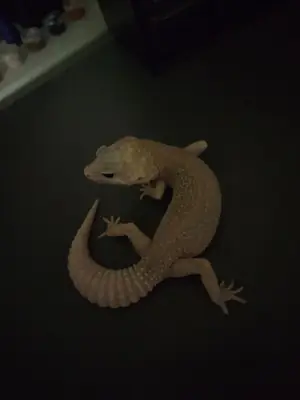Pet Oral and Dental Care: Essential Tips
Oral and dental care in pets is critical for maintaining overall health. When regular care is neglected, tartar, gum disease, bad breath and serious infections can develop. A healthy mouth improves your pet's quality of life.
Why Oral Health Matters
When oral hygiene is ignored, bacteria can enter the bloodstream and affect organs such as the heart, kidneys and liver. Early care prevents pain and helps you avoid costly treatments.
Daily Oral Care Routine
- Tooth Brushing: Brush daily or at least three times a week.
- Proper Toothpaste: Never use human toothpaste; choose pet-safe products.
- Mouth Checks: Monitor gum color, bleeding, discoloration and bad breath.
- Track Breath Changes: Sudden odor shifts may signal health issues.
Toys and Chews
- Dental Toys: Rubber and silicone toys help reduce tartar.
- Natural Chews: Vet-approved natural chews limit plaque build-up.
- Bone Selection: Extra hard bones can crack teeth; match chew hardness to breed and jaw strength.
The Role of Nutrition
- Kibble Size: Choose appropriately sized kibble to support mechanical cleaning.
- Limit Sugary Treats: Sweet snacks harm oral health; opt for balanced rewards.
- Hydration: Fresh water reduces bacterial load and keeps saliva flowing.
Professional Veterinary Care
- Annual Cleanings: Schedule professional cleanings with your veterinarian.
- Dental X-Rays: Routine imaging detects hidden root issues.
- Early Intervention: Act quickly if you notice bleeding, swelling or pain.
Warning Signs
- Persistent bad breath or drooling
- Red, swollen or bleeding gums
- Difficulty chewing and appetite loss
- Loose teeth or visible discoloration
Conclusion
Consistent brushing, smart nutrition, engaging chew options and routine vet visits keep your pet's mouth healthy. Catching problems early means faster, less expensive solutions. Strong oral care supports a longer, happier life.


